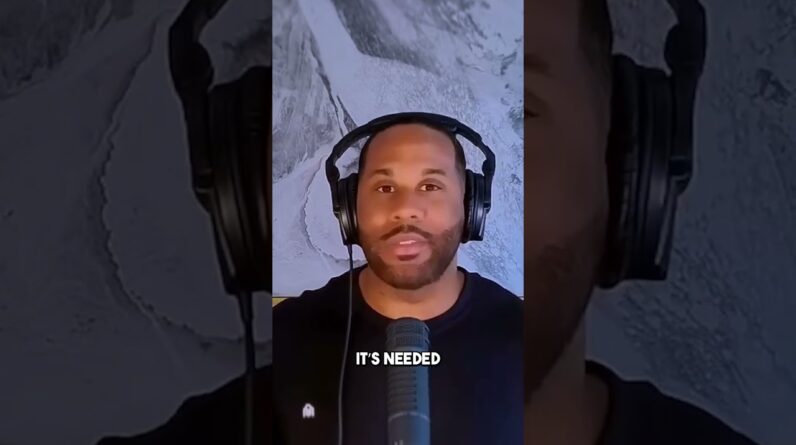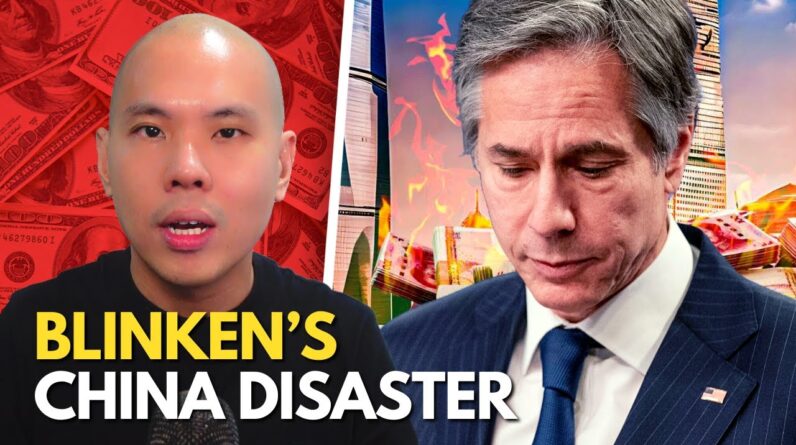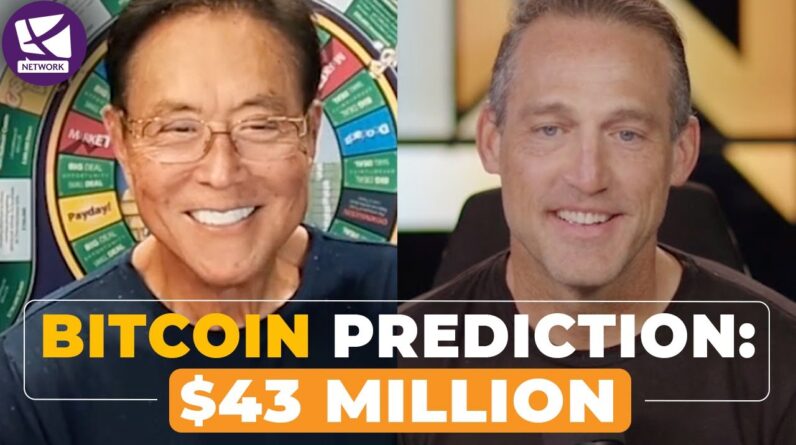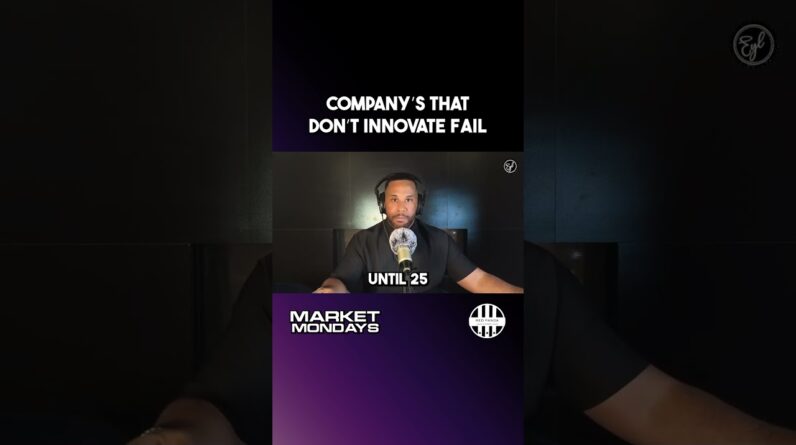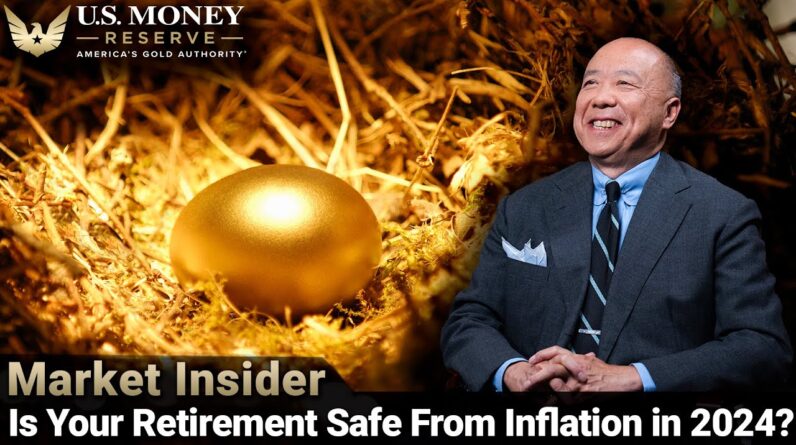In his latest remarks, JP Morgan’s CEO expresses a firm belief that thinking the economy will boom soon is a tremendous mistake. With an astute perspective, he highlights the potential pitfalls and challenges lying ahead. This blog post will delve into the reasons behind his skepticism, shedding light on the underlying factors influencing his cautious outlook.
Why JP Morgan’s CEO Believes Thinking the Economy Will Boom Soon is a Massive Mistake
Introduction:
In a recent video released by renowned finance expert Ian Dunlap, he discusses the insightful comments made by Jamie Dimon, CEO of JP Morgan, regarding the current state of the economy. Dimon’s view challenges the optimistic notion that the economy is on the brink of a major boom. This article will delve into the reasoning behind Dimon’s perspective, exploring key economic indicators and providing valuable insights for readers.
I. The Current Economic Landscape:
Dimon’s statement urges caution when it comes to predicting an imminent economic boom. In fact, he warns that it would be a significant mistake to entertain such optimism. To understand this viewpoint, it is essential to examine the prevailing economic conditions in the United States.
A. National Debt and Government Spending:
One crucial factor contributing to Dimon’s perspective is the staggering national debt, which currently stands at a staggering 33 trillion dollars. This significant debt burden can heavily impact the economy, making a rapid recovery less likely. Additionally, the United States’ government spending represents about 25% of GDP. Such high levels of spending can have long-term consequences if not carefully managed.
B. Credit Card Losses and IPO Trends:
Another important aspect influencing Dimon’s viewpoint is the rising credit card losses. In recent years, credit card losses have been increasing at the fastest rate since 2008. This indicates potential challenges within the consumer market and has implications for the overall health of the economy.
Furthermore, the number of initial public offerings (IPOs) on the US stock market in 2023 has decreased by 27% compared to the same period in 2022, with 116 IPOs recorded so far. This trend suggests a decline in investor confidence and could reinforce Dimon’s reservations regarding an impending economic boom.
II. The Role of Tesla and Saudi Arabia:
In an intriguing turn of events, Tesla, the prominent electric vehicle manufacturer, is reportedly in talks with Saudi Arabia to establish a new factory in the country. While seemingly unrelated to Dimon’s viewpoint, this development is significant in the context of the overall economic landscape.
A. Potential Economic Implications:
If Tesla does set up a factory in Saudi Arabia, it could create job opportunities and stimulate economic growth in the region. However, it remains to be seen how this endeavor will play out and whether it will have any substantial impact on the broader economy.
III. Dimon’s Perspective: An Expert Opinion:
Dimon, an influential figure in the finance industry, possesses a deep understanding of economic trends and market dynamics. His insights are often sought after due to his extensive experience and proven track record. Therefore, it is important to give credence to his perspective when evaluating the likelihood of an economic boom.
IV. FAQs:
-
How does the national debt affect the economy?
A: The national debt can burden the economy by diverting funds that could otherwise be utilized for investments and growth. It creates a significant financial obligation that may hinder recovery and expansion. -
Why is credit card loss rising at such a fast rate?
A: Rising credit card losses indicate potential economic challenges. It suggests that consumers are struggling with financial obligations, potentially affecting spending patterns and consumer confidence. -
How do IPO trends reflect investor sentiment?
A: The decrease in the number of IPOs suggests a decline in investor confidence. When investors are hesitant to invest in new companies, it can indicate concerns about market conditions and economic uncertainties. -
What role does government spending play in the economy?
A: Government spending represents a significant portion of the GDP. When government spending is high, it can stimulate economic activity. However, excessive spending without proper management can lead to long-term consequences. -
Can Tesla’s potential factory in Saudi Arabia impact the economy?
A: While the establishment of Tesla’s factory in Saudi Arabia may create job opportunities and stimulate local economic growth, its broader impact on the overall economy is uncertain and dependent on multiple factors.
Conclusion:
Dimon’s warning against expecting an imminent economic boom serves as a reminder to evaluate the economic landscape carefully. By considering factors such as the national debt, credit card losses, IPO trends, and government spending, readers gain a more comprehensive understanding of the current economic conditions. It is essential to critically analyze expert insights such as Dimon’s to make informed decisions and navigate the increasingly complex world of finance.





